
Long-term love doesn’t just pack up and go. Instead, it leaves socks in your emotional drawer. One day you’re fine, the next you’re crying over takeout menus. These shifts don’t always make sense, but they show up anyway. This article explores 20 oddly specific ways heartbreak echoes long after love has left the building.
Missing Shared Rituals

Suddenly, your couch feels too big and your coffee tastes lonely. It’s not the grand moments that hit hardest—it’s the little habits love builds over time. These rituals sneak into muscle memory, so losing them creates a weird emptiness. No wonder people keep setting two plates out by accident.
Regretting The Timing
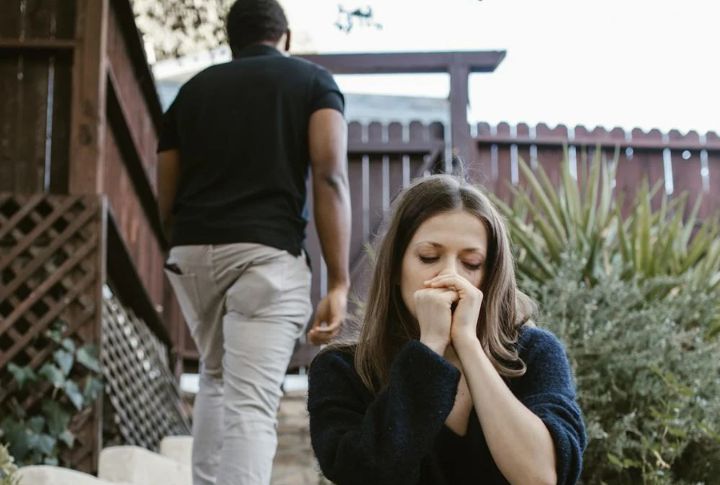
Breakups during chaotic times are usually a bad idea, but they happen a lot. Many people end things while under stress, then regret how quickly it happened because stress clouds judgment. Once things settle, thinking becomes clearer, leaving some to wish they’d waited a little longer.
Underestimating Emotional Fallout
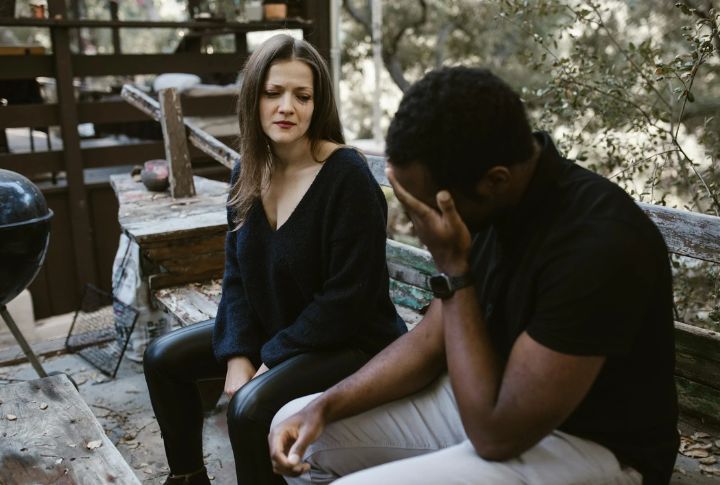
You expect a quick sting—some tears, then moving on. But months later, a grocery store song hits, and suddenly you’re crying in aisle five. Breakup pain registers in the brain like physical injury. Healing takes time, and for many, the real crash comes long after the goodbye.
Realizing The Partner Was A Best Friend

Romance fades, but losing your go-to person for bad jokes and late-night rants? That stings differently. Friendship is often the backbone of long-term love. Without it, sleep suffers, and so does emotional balance. Some even reconnect, not for sparks, but just to borrow a little comfort on hard days.
Comparing Future Relationships Unfairly

New partner? Great. But don’t expect them to match your ex. Memories can blur your judgment and make old traits seem better than they were. When you compare someone new to someone you’ve outgrown, you risk ruining something that could have worked.
Losing Extended Family Bonds
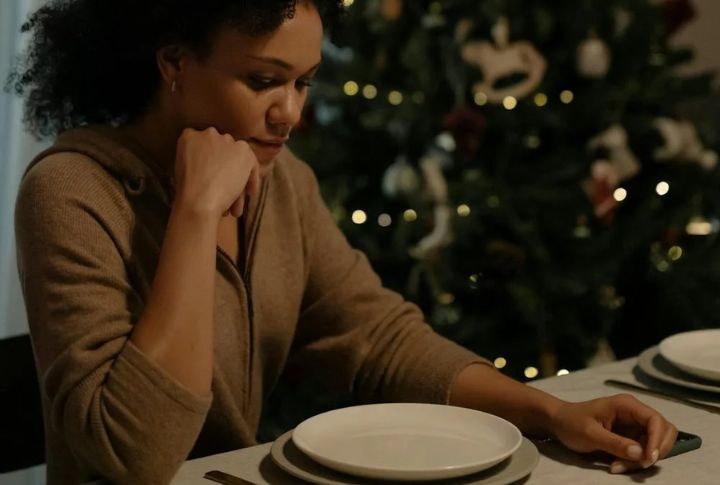
No one tells you that breaking up also means losing their family. In-laws can feel like your own, and letting go of them hurts more than expected. Holidays become uncomfortable, traditions stop, and sometimes you still get invited, just with awkward smiles and someone new at the table.
Regret Over Poor Communication

You had things to say, just not when it mattered. Many realize too late that they never voiced the real issues. Instead, silence piled up until it collapsed. The result? Mental reruns of every missed opportunity. And yes, some even try scripting the breakup conversation they should have had.
Not Trying Hard Enough
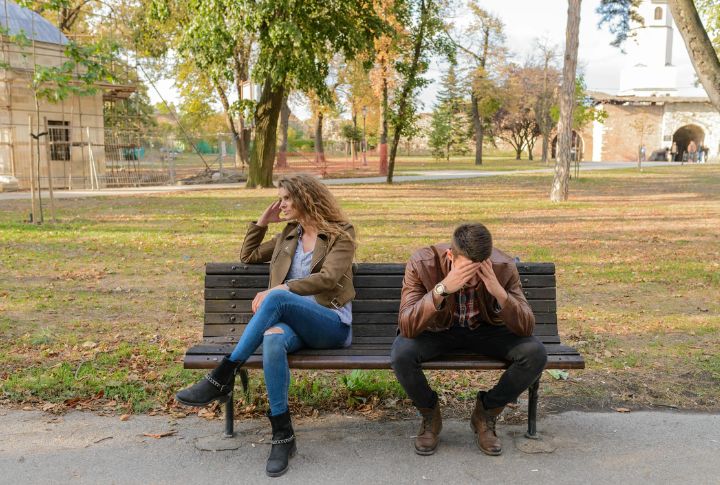
Some relationships don’t die. They often get ghosted by effort. People walk away, only to realize they left during the most fixable part. Therapists see it all the time: couples mistake tension for the end instead of a turning point. Regret hits hardest when you know you didn’t give it your all.
Dismissing The Role Of Therapy

Therapy? A lot of people only consider it when things are falling apart. But those who start early often feel more at peace afterward. It’s not a fix-all, but it helps people understand what went wrong. Skipping it can leave you wondering if things could’ve ended differently.
Mistaking Solitude For Freedom

Being alone can sound great—until the quiet feels too quiet. Some people chase independence, then realize they miss the connection more than expected because it’s easy to confuse solitude with isolation. Once routines return, so does the need for people. Even that solo trip might end with unexpected tears.
Forgetting Financial Impact

Love may be priceless, but rent isn’t. Splitting up means splitting costs, and sometimes your favorite blender. Many underestimate how quickly shared finances keep life stable. Over time, the financial pinch grows sharper. That’s probably why some exes still share streaming accounts… part nostalgia, part budget survival.
Misjudging Children’s Reactions

If the split involved kids, the impact of the split can be hard to spot at first. They might seem okay, but emotional changes often show up later. Parents often realize too late that they misjudged the toll. Kids process loss slowly, and the guilt that follows can stick around.
Missing Shared Dreams
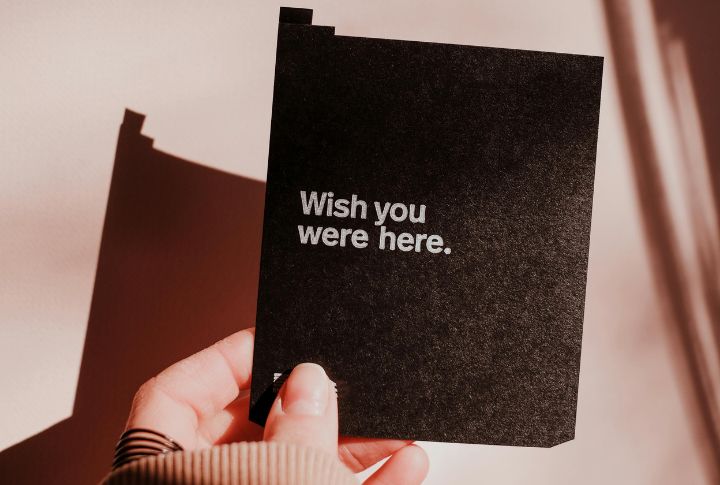
It’s one thing to lose a person. It’s another to lose the future you pictured with them. Trips imagined, homes planned, goals whispered at midnight. They don’t vanish cleanly. Over time, those lost dreams affect how people see themselves. Letting go of a shared vision usually hurts more than expected.
Overestimating Immediate Happiness

Immediately after the breakup, there’s relief. You sleep diagonally. You order garlic fries without judgment. But that rush wears off quickly. As dopamine levels settle, so does a quiet loneliness. Within months, many feel emotionally flat. The initial high fades, replaced by a deeper question: was this actually what I needed?
Ignoring Companionship Value

Companionship isn’t flashy, but it holds everything together. As time passes, the absence of casual connection—those shared glances and quiet nods—starts to sting. It’s not just about being alone; it’s about missing someone who made daily life feel less chaotic. Eventually, that kind of ease feels irreplaceable.
Regretting Harsh Final Words

Last conversations often echo longer than the relationship itself. Words spoken in anger tend to linger, and most people feel them later. As regret builds, clarity fades. Without a thoughtful goodbye, memory blurs. Some even archive those final texts, not to revisit them, but to remember the exact breaking point.
Overlooking Physical Intimacy’s Depth

Physical closeness leaves a deeper imprint than most expect. It anchors trust and reinforces connection in ways conversation can’t. After separation, the absence feels jarring. Over time, many come to miss the subtle reassurance of touch, a quiet language that once made them feel safe without needing to ask.
Regret From External Pressure

Sometimes the loudest voice isn’t your own. Advice from friends or relatives can tip a relationship toward its end. At first, it feels like support. But later, when regret shows up, it’s often tangled with resentment. Letting others decide the course of love rarely ends with peace of mind.
Romanticizing What Was Lost

As time passes, memory gets selective. Arguments blur, while the laughter lingers. Nostalgia quietly rewrites the past, making it brighter than it really was. The danger? Believing the version you’ve polished. With time, emotional clarity fades fast when you start falling for the edit instead of the truth.
Missing Emotional Safety

There’s comfort in being fully yourself with someone, and knowing they won’t flinch. That kind of emotional shelter is hard to spot until it’s gone. After a breakup, even simple vulnerability can feel risky. Eventually, the loss of that safe space makes future connections feel a bit more guarded.

